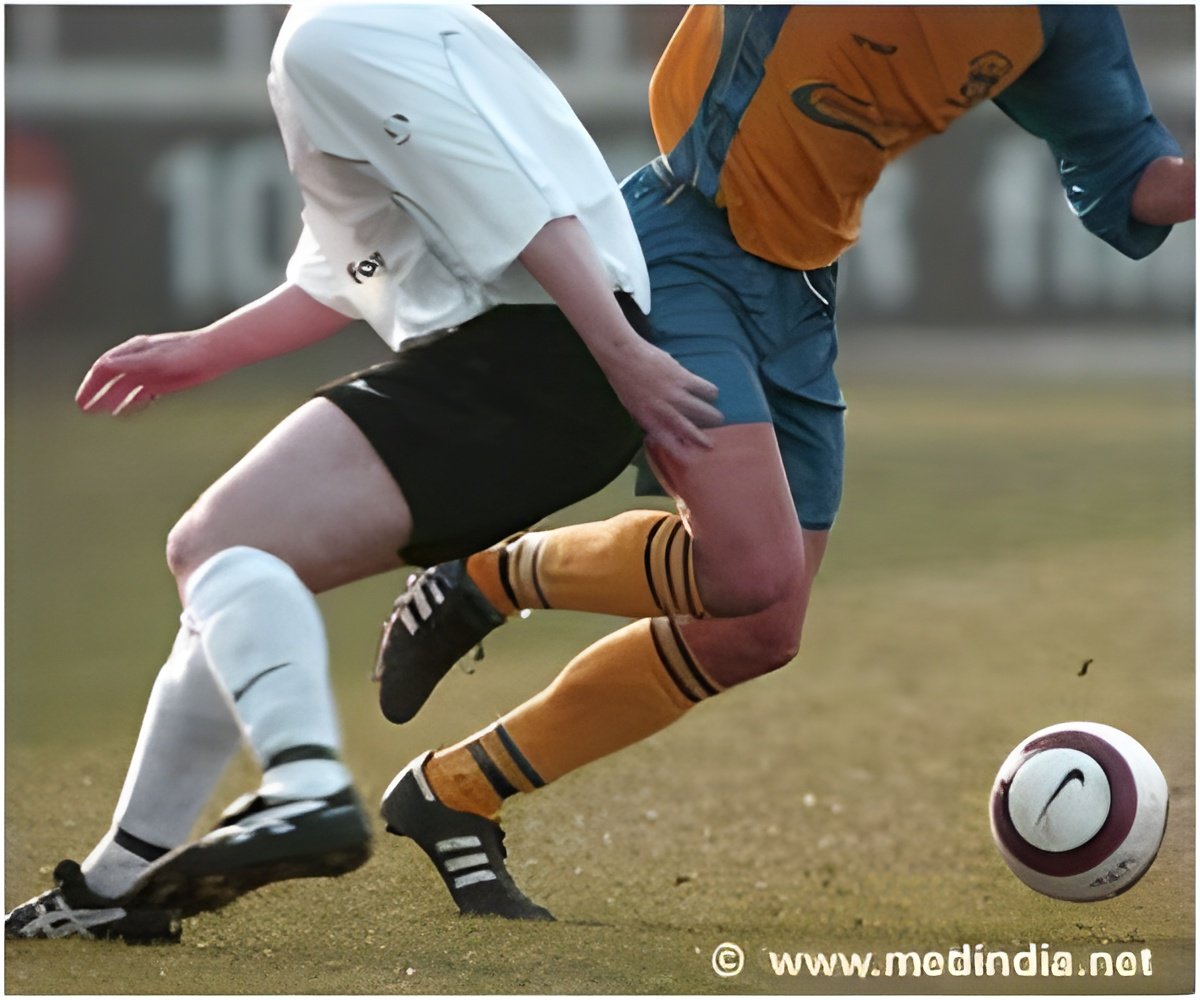A unique combination of the harmful and the protective factors can predict cognitive outcomes in players who had suffered concussions during their football careers.

‘Post-traumatic amnesia after a concussion is a more significant predictor of later cognitive deficits than the loss of consciousness.’





Cognitive reserve is developed through mentally enriching experiences, such as education and reading. The researchers concluded that a unique combination of the harmful and the protective factors can predict cognitive outcomes in players who had suffered concussions during their football careers and have been retired from American professional football for an average of 20 years. "The most important factor in determining the potential cognitive deficits from sports-related concussions was the football players' cognitive reserve" said Matthew J. Wright, PhD, an LA BioMed lead researcher and lead author of the paper published online in the Journal of Clinical and Experimental Psychology. "We also found that post-traumatic amnesia after a concussion was a more significant predictor of later cognitive deficits than the loss of consciousness."
The research was conducted at LA BioMed, the John Wayne Cancer Institute and the University of North Carolina at Chapel Hill. To determine cognitive reserve, the researchers utilized test, questionnaire and interview data. The researchers also surveyed other studies, which have found cognitive reserve is protective in other forms of brain injury and disease, including Alzheimer's disease.
The study's findings are significant because, after motor vehicle accidents, sports-related injuries are the second-most common cause of traumatic brain injuries. Sports-related injuries account for as many as 3.8 million traumatic brain injuries per year in the U.S., according to researchers. Young men, aged 10-19 years, tend to have the highest rates of sports concussions, and 5% to 10% of high school and college American football players are at risk of suffering a concussion each year.
"While further study is needed, our findings open the door to the possibility that professional football could use individual indices to predict the potential for long-term cognitive losses in determining when, or if, a player should return to the field after suffering a concussion," Dr. Wright said.
Advertisement










